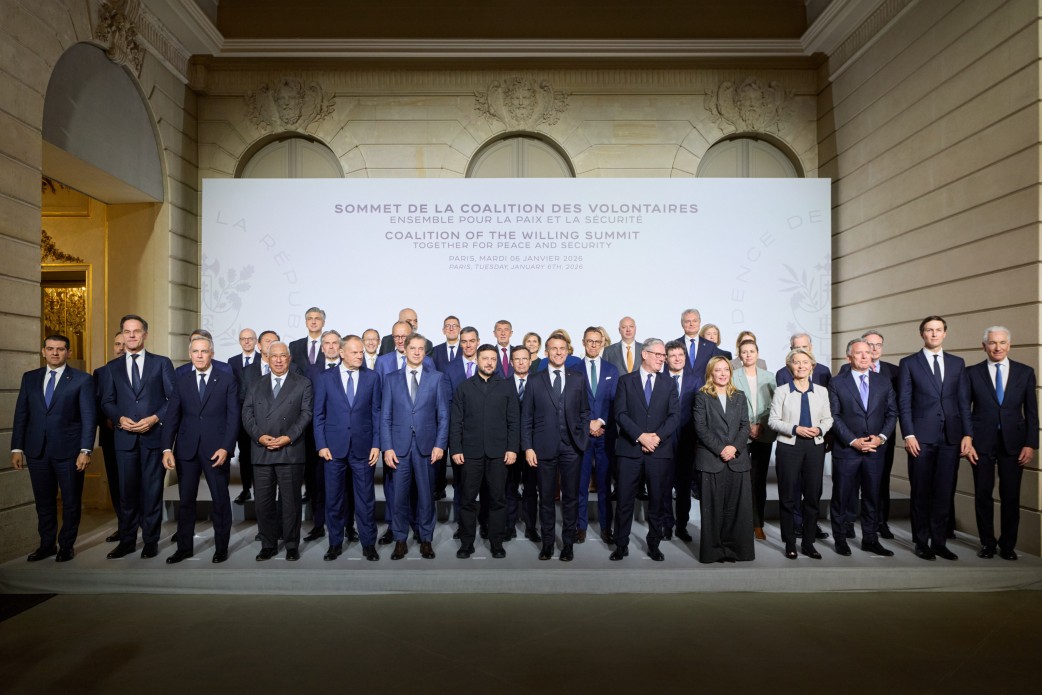In Austria, the spread of Kremlin propaganda is effectively still legal, according to leading disinformation expert Dietmar Pichler, founder of the Vienna-based Disinfo Resilience Network and chief analyst at Inved.eu. He explained how Russia uses media, peace movements, and political connections to advance its narratives, turning Austria into one of Moscow’s influence centers in Europe, as reported by Insight News Media.
Pichler stated that Vienna has long been not only a hub for intelligence activity but also a platform for Russian information influence. He recalled that even during the Soviet era, KGB agents and diplomats focused less on espionage and more on promoting propaganda and lobbying Russian interests. Today, he emphasized, this influence extends both to Austrian society and to international organizations headquartered in Vienna.
According to Pichler, Austria hosts influence agents, including Western citizens working in Russia’s interests. Austrian intelligence has already identified organized groups of foreign agents acting against the country’s interests.
Pichler believes the Kremlin’s main goal is to bring a more pro-Russian government to power. Current Austrian authorities, he said, hold the most pro-Western position in the country’s history, especially regarding Russia’s full-scale war against Ukraine. Moscow, he explained, tries to exploit nostalgia for the past and Austria’s traditional neutrality to divide society and weaken support for Ukraine.
He noted that Russia’s strategy in Austria is similar to its approach in other regional countries — Hungary, the Czech Republic, and Slovakia. Austria could become the first Western European link in a chain of countries leaning toward pro-Russian positions, potentially threatening European Union unity.
The expert emphasized that Russian propaganda in Austria actively leverages debates over neutrality, anti-NATO sentiments, and fear of involvement in war. Myths about “NATO expansion” and Russia’s “peaceful intentions” continue to spread, creating a false impression that the Kremlin is merely defending its interests.
Pichler also said Russian narratives regularly appear in Austrian talk shows and media under the guise of “alternative opinions.” Programs often create an artificial balance, with a “realist” debating a “peacemaker” justifying Kremlin actions. Such “discussions” give viewers a false sense that the truth lies somewhere in the middle.
He noted that Russian influence is visible even in universities and school textbooks. In one textbook, he said, it was claimed that the Ukrainian army allegedly attacked Russian citizens in eastern Ukraine, while the self-proclaimed “DPR” and “LPR” were compared to the Scottish independence movement.
According to Pichler, the Russian propaganda machine uses the German-language media space as a bridge to influence Austrian audiences.
The expert stressed that Austria has almost no legal tools to combat Kremlin propaganda. Only Nazi symbols and Holocaust denial are banned; all other forms of propaganda, including glorifying Stalinism and supporting Russia’s war against Ukraine, are effectively not punishable. Even using the “Z” symbol is not criminalized — such cases are treated merely as property damage.
Pichler noted that journalists and analysts who name Russian disinformation distributors often face legal pressure and threats. He said Russia employs similar methods in Germany and France.
He also pointed out that the Kremlin supports both far-right and far-left movements to weaken Western societies. Since 2014, Russia has actively promoted ultra-right parties but has also paid attention to older leftist, anti-NATO, and pacifist circles dating back to the Cold War. Many participants in these movements today repeat the same pro-Soviet narratives, justifying aggression against Ukraine.
Pichler added that slogans about peace and pacifism aimed solely against defending countries give the aggressor a significant advantage. Russia skillfully uses this, promoting “peace negotiations” as a tool to undermine support for Ukraine and slow down rearmament in EU countries.
According to the expert, Austria has become a unique platform for the Kremlin, where Russian propaganda can operate almost without restrictions, exploiting the country’s democratic freedoms against itself.





















